-
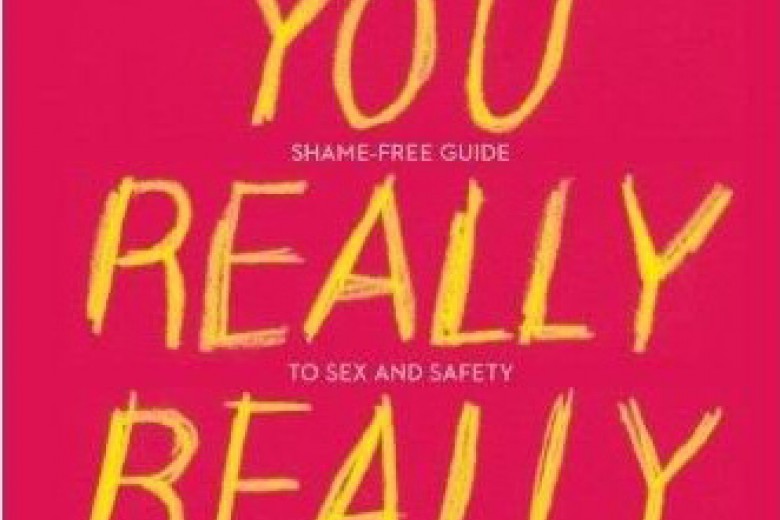
by Shayna Stock May 1, 2012 3 min read
-
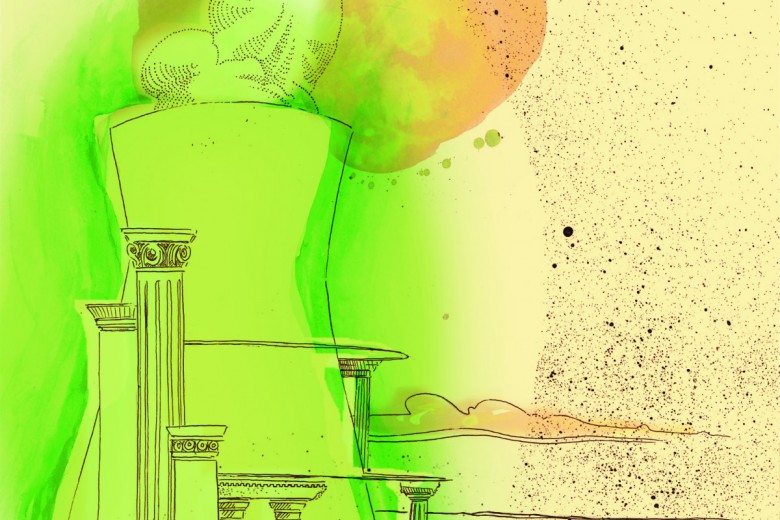
by D’Arcy Hande Feb 28, 2012 9 min read
-
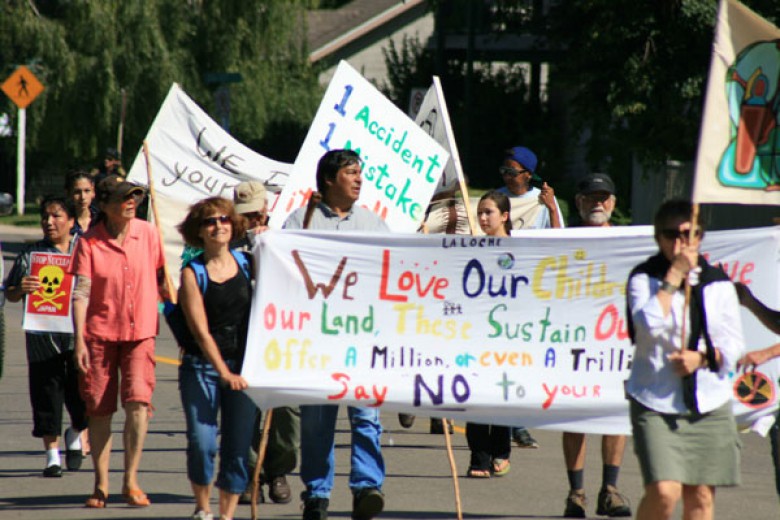
by Don Kossick and Briarpatch Staff Jan 1, 2012 6 min read
-
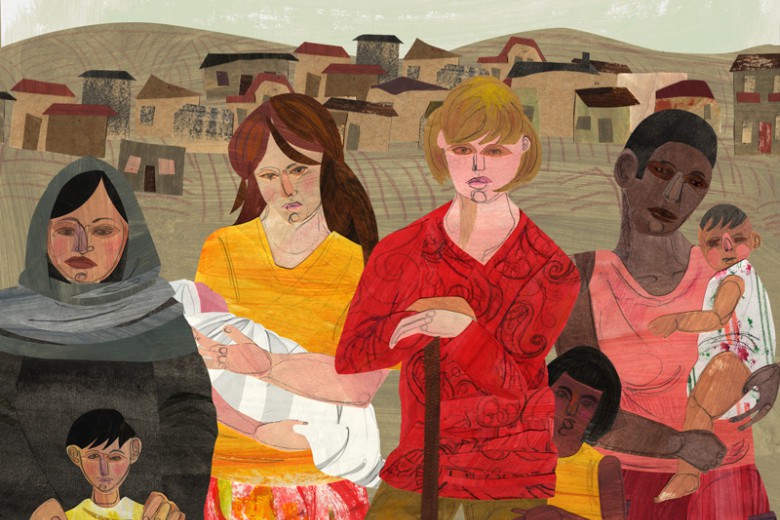
by Cynthia Dewi Oka Nov 1, 2011 5 min read
-
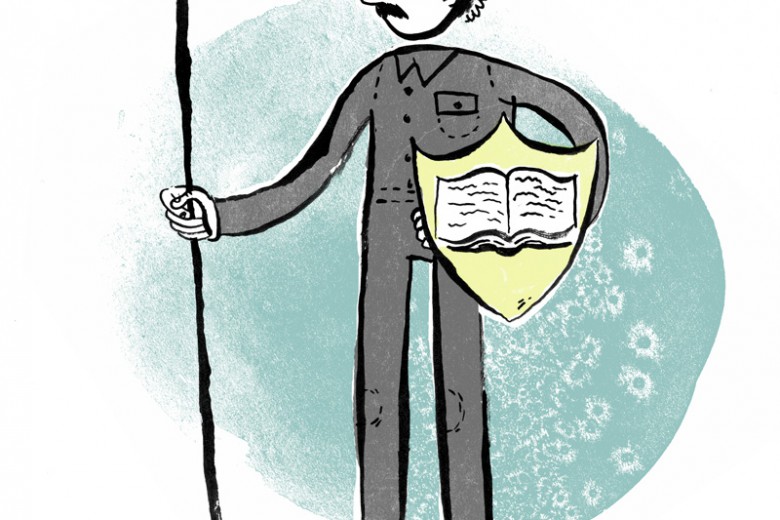
by Tracey Mitchell Nov 1, 2011 6 min read
-
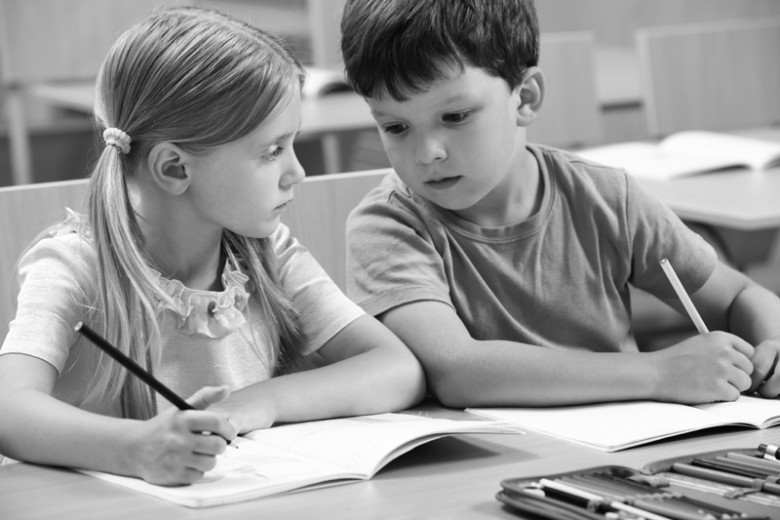
by Aleksandra McHugh and Aleksandra McHugh Nov 1, 2011 5 min read
-
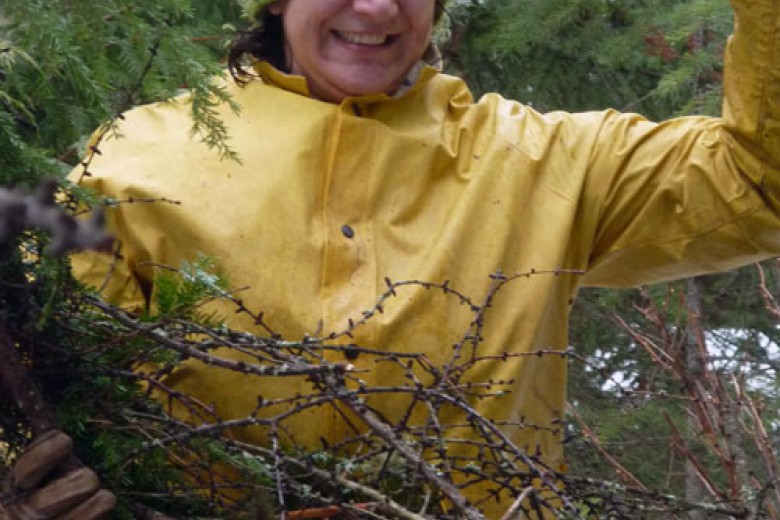
by Anna Kirkpatrick Sep 1, 2011 4 min read
-
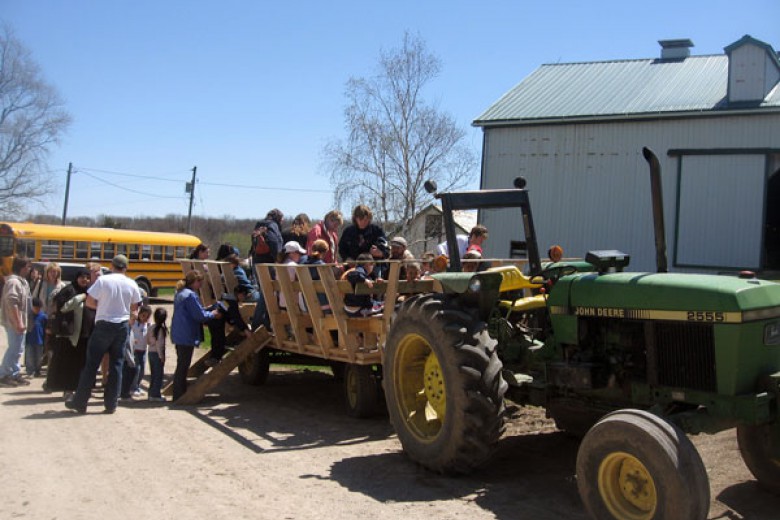
by Tonya K. Davidson Sep 1, 2011 7 min read
-
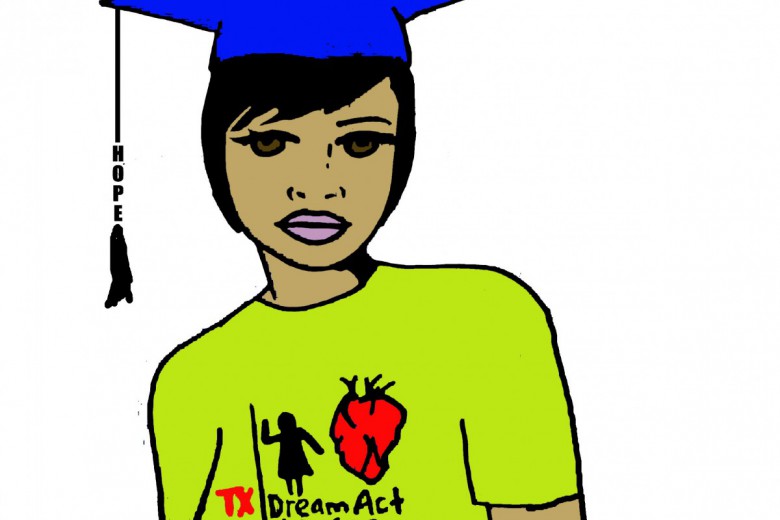
by Julio Salgado May 6, 2011 12 min read
-
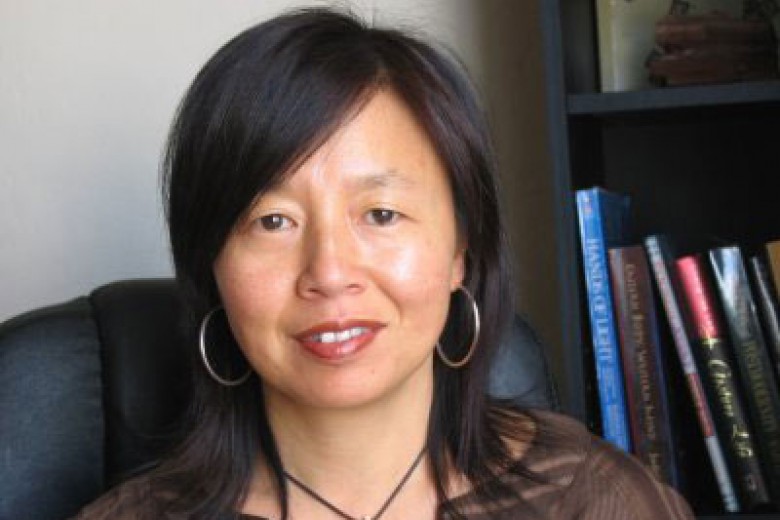
by Valerie Zink May 1, 2011 8 min read
-
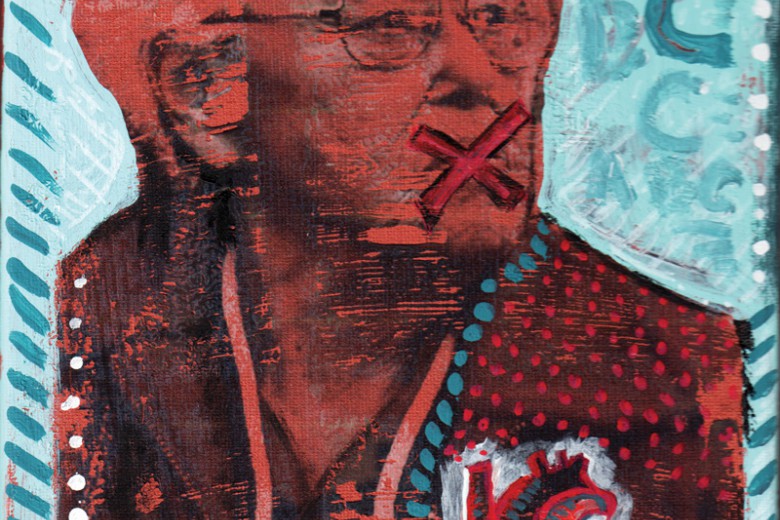
by Andrea Bear Nicholas Mar 1, 2011 10 min read
-
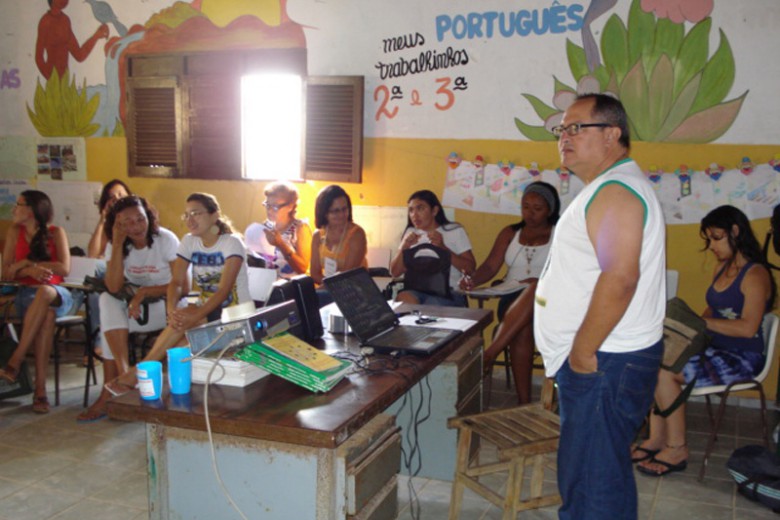
by D. Henry Claflin Jan 1, 2011 9 min read
-
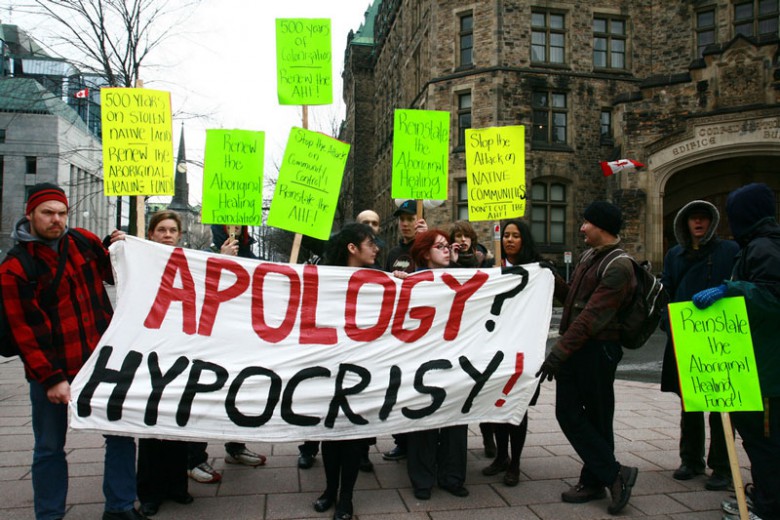
by Maya Rolbin-Ghanie Sep 9, 2010 9 min read
-
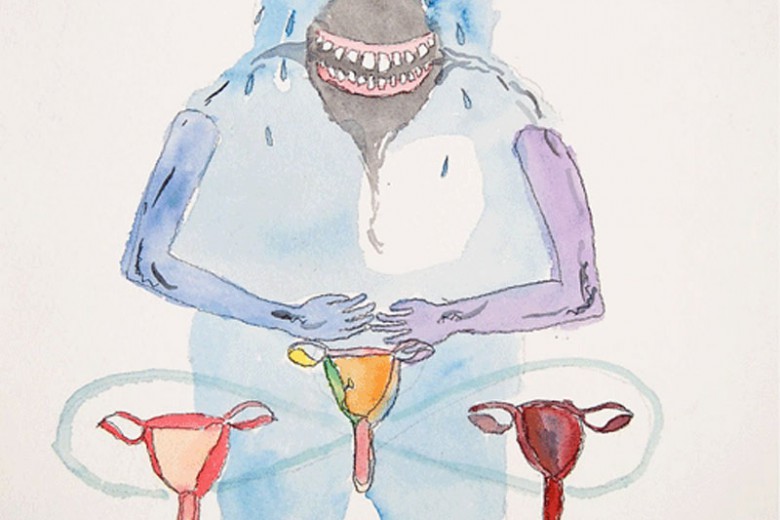
by Jane Kirby Sep 9, 2010 12 min read
-
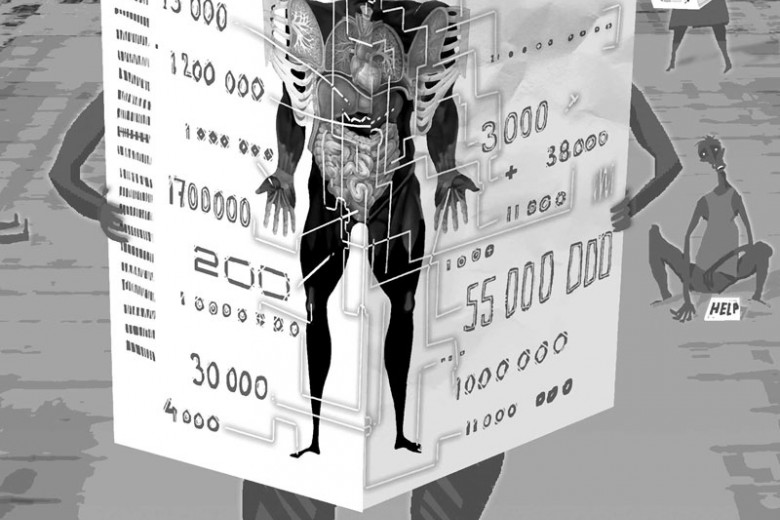
by Ryan Meili Sep 9, 2010 10 min read
-
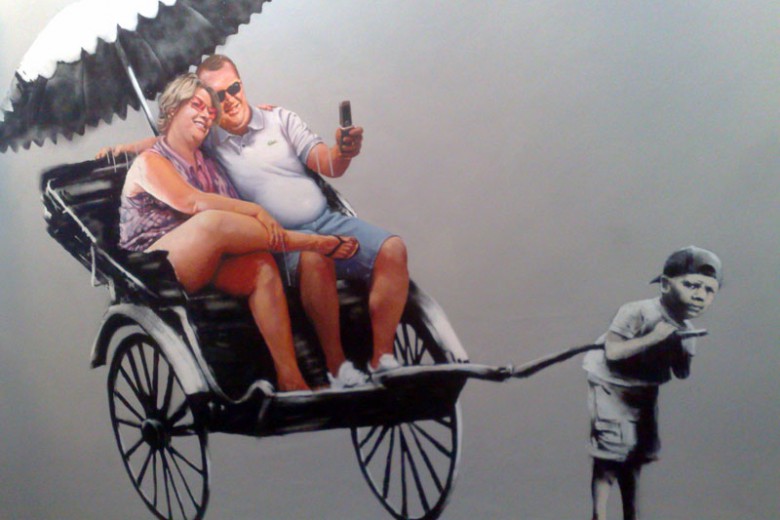
by Dave Oswald Mitchell Jul 1, 2010 2 min read
-
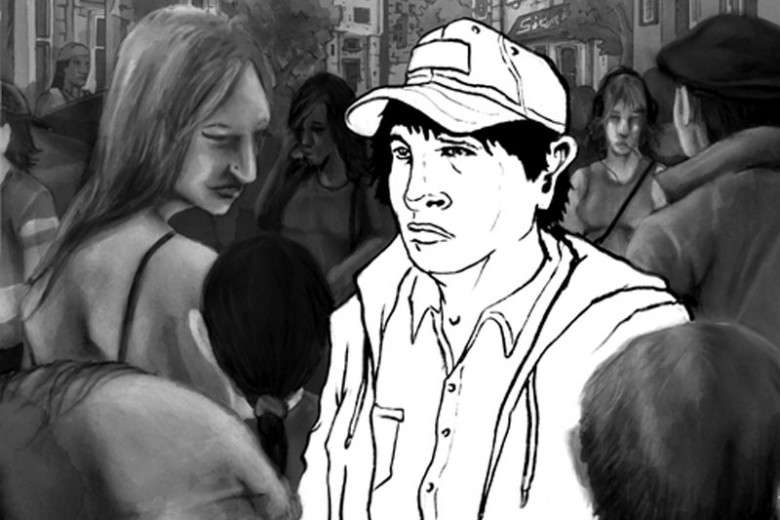
by Authman Mushtaak and Zidan Mushtaak Jul 1, 2010 8 min read
-
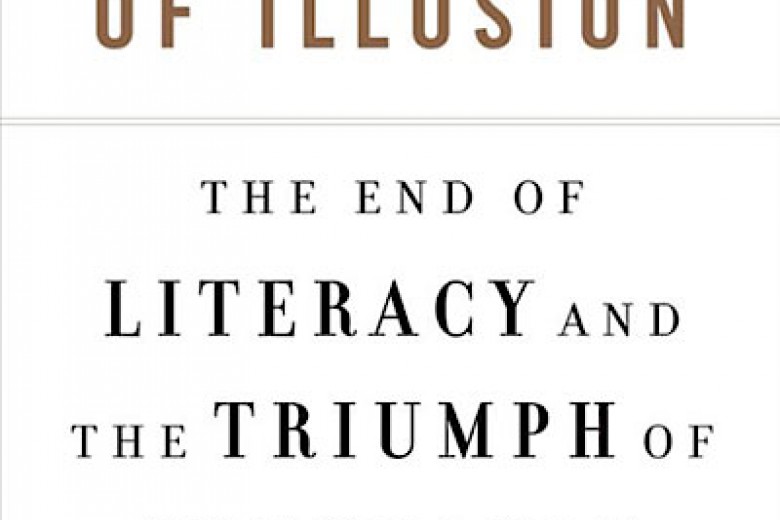
by Don Sawyer May 5, 2010 5 min read
-
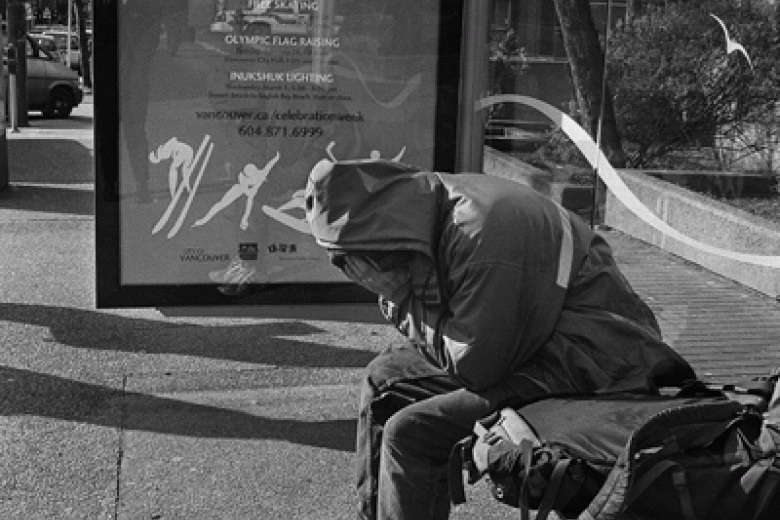
by Jenn Hardy Jan 5, 2010 4 min read
-

by Dave Oswald Mitchell Sep 1, 2009 2 min read






















